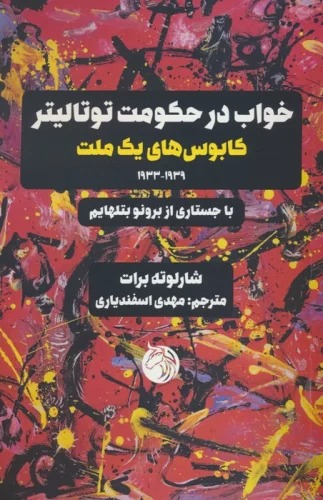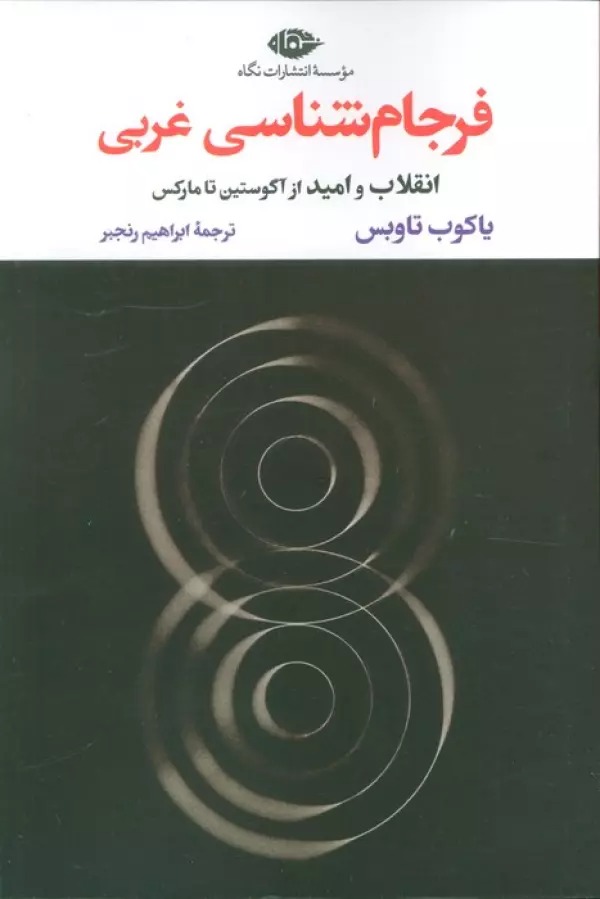Ravān'shināsī-yi Tutālītārīsm: Chigunah Mardum bah Istibdād Tan Mī'dahand: Persiska (Farsi) 1404
روانشناسی توتالیتاریسم: چگونه مردم به استبداد تن می دهند
12,84 £
Dela
Wishlist
Originaltitel:
Psychologie van totalitarisme
ISBN:
9786222676131
Översättare:
Mahdī Isfandīyarī
Förlag:
Nigah
Åldersgrupp:
Vuxen
Sidor:
327
Vikt:
215 g
Produktmått:
14 x 21 x 2
,
2 cm
Bokomslag:
Pocketbok
We are witnessing a resurgence of totalitarian tendencies, fueled by mass formation—a collective psychosis arising from widespread loneliness, anxiety, and fear. This leads to censorship, erosion of privacy, and the surrender of freedoms, all driven by a singular, crisis-focused narrative that stifles dissent and encourages destructive groupthink. Alternative voices are silenced, and freedom of speech is curtailed through censorship and self-censorship, while coercive strategies infringe upon individual autonomy.
Mattias Desmet's groundbreaking work on mass formation theory gained prominence on The Joe Rogan Experience and in alternative media outlets. This book delves deeper than sound bites to explain how totalitarianism, far from being a random occurrence, emerges from predictable societal conditions that have intensified with each generation due to advancing technology. Governments and mass media exploit fear and isolation to demoralize populations, manipulating them into acting against their own interests.
In *The Psychology of Totalitarianism*, Desmet dissects the conditions enabling this collective psychosis, highlighting the phenomenon of mass formation and illustrating our proximity to totalitarian regimes. He outlines the steps leading to mass formation, including pervasive loneliness, a lack of meaning in work and life, free-floating anxiety, the manifestation of frustration and aggression, and the exploitation of these anxieties by a consistent narrative disseminated by authorities and media.
Building on Hannah Arendt's work, Desmet critiques pre-existing cultural "groupthink" and its acceleration during the COVID crisis. He warns against the dangers of our media consumption, manipulative technologies, and offers practical individual and collective solutions to safeguard our freedoms. Desmet advocates for honoring freedom of expression and self-determination without fear, emphasizing the need to reclaim individual identity and connection to usher in a new era of freedom.
more
درک پدیدهی توتالیتاریسم اغلب به تحلیل ساختارهای قدرت و سرکوب دولتی محدود میشود؛ اما اغلب ریشههای این پدیدهی هولناک نه در تحمیل از بالا، بلکه در بستری روانی و اجتماعی نهفته است که جامعه را مستعد پذیرش آن میکند. ماتیاس دسمت در روانشناسی توتالیتاریسم نگاهی نو و ساختارشکنانه به این پدیده میاندازد. او مفهوم «تودهسازی» را معرفی میکند؛ وضعیتی که در پی انزوای گسترده، فقدان معنا، اضطراب بیشکل و ناکامیهای مهارنشدنی در جامعه پدیدار میشود. در چنین فضایی، روایتی واحد که رسانهها و نهادهای رسمی قدرتمند تقویت میکنند، این آشفتگیهای درونی را به سمت هدفی واحد با دشمنی مشترک هدایت میکند. حاصل نوعی هیپنوتیزم جمعی است که در آن، افراد با کمال میل، تفکر انتقادی و حتی منافع شخصی خود را فدا میکنند تا به حس تعلق و امنیتی کاذب دست یابند. دسمت استدلال میکند که توتالیتاریسم مدرن، بیش از آنکه بر ترس عریان استوار باشد، بر این سازوکار پیچیدهی روانی تکیه دارد؛ پدیدهای که زیر پوست جامعهی مدرن ما نیز در حال رشد است.
more

















